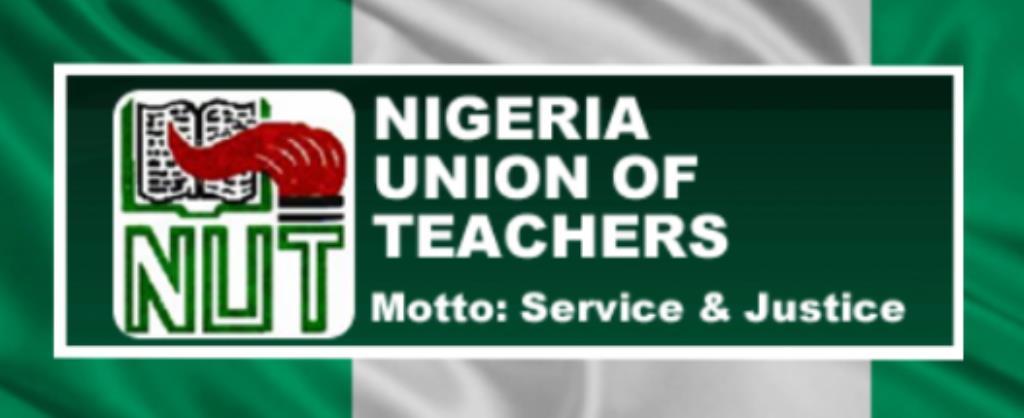Teachers’ Day: NUT wants primary schools’ teachers’ salaries under states
The National President of Nigerian Union of Teachers, Comrade Audu Titus Amba has said with the granting of full autonomy to local government councils in the country, his members want the salaries of primary school teachers to be deducted at first line charge in order to ensure regular payment of the salaries. He said considering […]

The National President of Nigerian Union of Teachers, Comrade Audu Titus Amba has said with the granting of full autonomy to local government councils in the country, his members want the salaries of primary school teachers to be deducted at first line charge in order to ensure regular payment of the salaries.
He said considering the global commitment to ensure inclusive and equitable quality education and promote lifelong learning opportunities for all, “We as a nation, cannot afford to continue to tie primary education , the fate of teachers and the future of learners to local government councils who often display lack of financial capacity and the will to manage the education subsector.”
Speaking at the 2024 World Teachers Day celebration in Abuja with the theme “Valuing teachers’ voices: towards a new social contract for education,”Amba said: “It is on this premise that we wish to reiterate our call on government to review the unprogressive policy giving the responsibility for payment of teachers’ salaries to LGC, and transfer the responsibility to state government in line with the 2002 judgment of the supreme court of Nigeria in the case , A.G. Federation v. A.G Abia State and 35 others which stated that ‘In so far as primary education is concerned , a local government council only participates.”
The NUT president, who also urged the federal and state governments to invest adequately in education to address all challenges confronting the sector, said budgetary allocations to the sector had over the years remained a far cry from the internationally recommended benchmarks of at least six per cent of GDP and /or at least 20 per cent of the national budget.
- War on Gaza: 1 year of killings, hunger, displacements
- Heavy downpour destroys many houses in Plateau communities
He also decried the failure of the federal government to fulfill its promises to teachers in the last four years, saying, “It is worrisome to observe that four years after, most of the approvals have remained unimplemented. We hereby call on both federal and state governments to ensure full implementation of the approved incentives in order to boost the morale of teachers in the discharge of their professional duties.”
Speaking, President Bola Ahmed Tinubu assured the teachers that this administration will continue to leave no stone unturned in ensuring that teachers’ welfare in particular and quality education that is a key to women empowerment, prevention of diseases, reduction of poverty and promoting peace, unity and prosperity is achieved in Nigeria.
Represented by the Secretary to Government of Federation (SGF), Senator George Akume, Tinubu said: “Nigeria has joined the world with various legislations and policies to reposition teaching in a professional status.
“As a teacher, you must acquire teacher education in order to possess specialised knowledge, skills and attitude needed to perform the task of teaching in the school system. The acquisition of the specialised competencies, qualifies a trained person to be a professional teacher.”
The Minister of State for Education, Dr Tanko Sununu said teachers experienced joy and pain while on duty post and “passionately” resulted in resilience in turbulent times.
“Teachers are the frontlines, guiding our children, nurturing their talents, and preparing them to face the challenges of tomorrow.
“Despite the challenges you face, your commitment remains unwavering, and for this, we are deeply grateful. You are the foundation upon which the success of our education system rests, and without you, the future we envision for Nigeria would not be possible,” he said.
“We are working diligently to improve teacher training, professional development, and working conditions across the country. In addition, we are expanding access to new technologies and resources to ensure that Nigerian teachers can deliver world-class education, even in the most remote areas,” he said.
